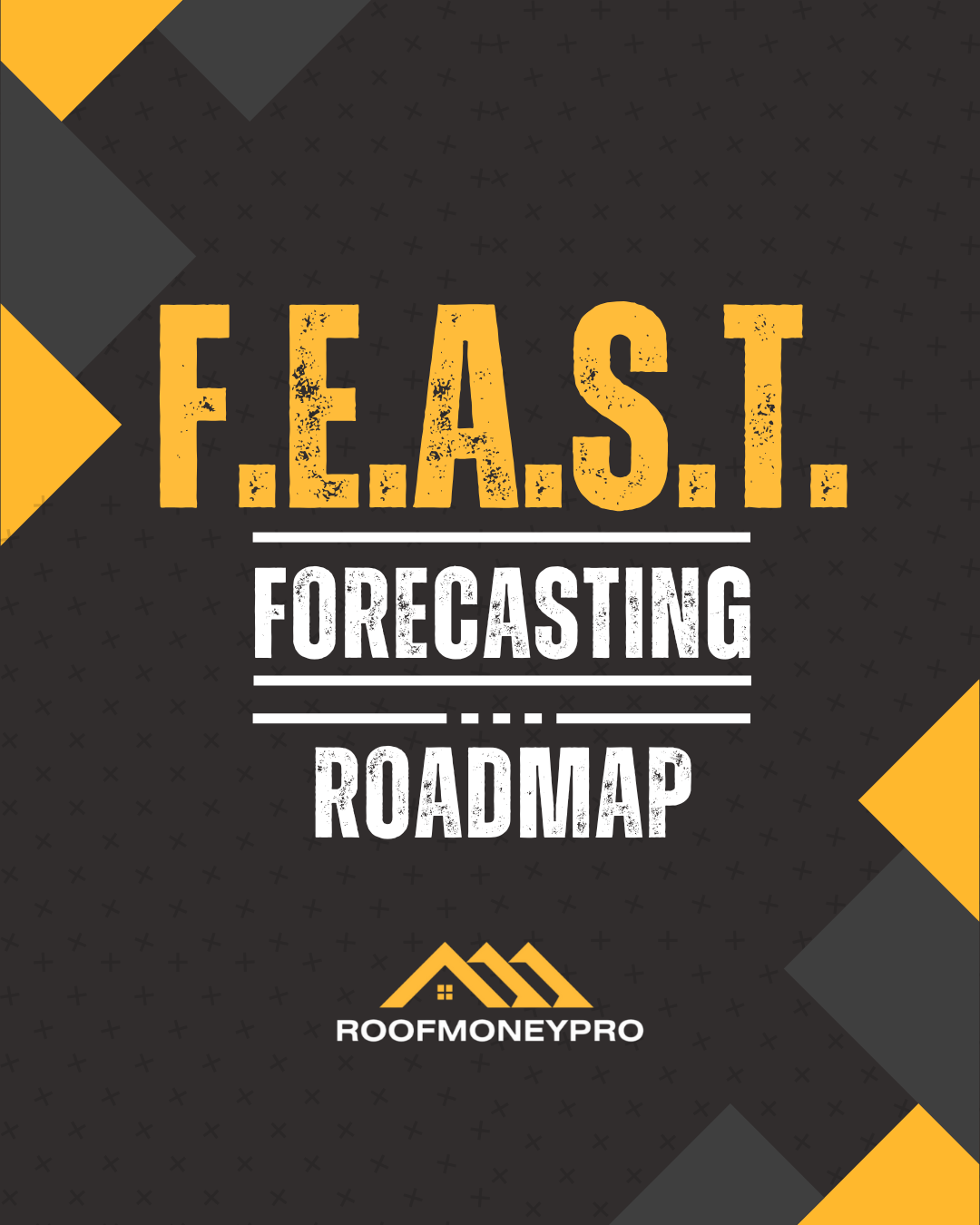The Psychology of Money for Commission Salespeople
Oct 24, 2025
“More money doesn’t fix money problems—better money habits do.” For commission-based salespeople, this couldn’t be more true.
The highs of a big commission check and the lows of a dry month can wreak havoc on your finances—if you don’t have the right mindset.
In this guide, we’ll break down the psychology of money, why commission salespeople often struggle, and how to rewire your thinking to build real, lasting wealth.
Quick Summary:
- Why commission income magnifies money problems
- The psychology behind overspending and lifestyle creep
- Proven money mindsets that lead to long-term success
- Practical systems to manage commission highs and lows
- How to develop discipline without sacrificing joy
Why Commission Income Creates Unique Money Challenges
Look, I've seen so many talented salespeople completely sabotage their finances because they treat commission income like regular paychecks—and that's where things fall apart.
The income volatility alone is enough to mess with your head.
One month you're pulling in $12K, the next it's $3K, and suddenly you're scrambling to cover bills you thought were no big deal.
What really gets people is that emotional rollercoaster tied to sales performance. You start linking your self-worth to your bank account, which creates this toxic cycle. I've watched reps blow through a $15K commission check in two weeks because they felt like they "earned it" and deserved to celebrate.
Then the slow months hit, and panic sets in.
You make desperate moves—chasing bad leads, cutting prices too low, or worse, racking up credit card debt to maintain appearances. The temptation to spend big after big checks is real, but it's also the fastest way to stay broke no matter how much you earn.
The Emotional Traps of Commission Sales
Here's the thing nobody tells you about commission sales: your biggest enemy isn't the competition or tough prospects—it's your own brain.
That instant gratification vs long-term goals battle?
It's brutal when you've got cash burning a hole in your pocket.
I've fallen into the "I earned it" spending mentality more times than I care to admit. You close a huge deal, and suddenly that luxury car or designer watch feels justified. But that's your emotions talking, not logic.
And when money gets tight? Fear-based decisions take over. You start saying yes to expenses you shouldn't, or you freeze up completely and miss opportunities because you're scared.
The comparison trap might be the worst part. You see other sales reps flashing new trucks and expensive dinners, and you feel pressure to keep up.
Spoiler alert: half those people are probably drowning in debt while looking successful. Don't let someone else's highlight reel destroy your financial foundation.
The Psychology of Lifestyle Creep
This one sneaks up on everyone. You land a few big months, and suddenly your "normal" spending just... shifts. Why bigger checks often equal bigger bills is simple: we normalize whatever lifestyle we're currently living. That $600 car payment felt insane at first, but now it's just part of life.
The danger of normalizing inflated expenses is that you lose perspective fast.
You upgrade your apartment, then your wardrobe, then your dinner spots—and boom, you need $8K a month just to break even. I've seen it destroy careers because people can't handle any income dip without panicking.
Small upgrades compound into financial stress quicker than you think. Adding $200 here and $150 there doesn't feel significant until you realize you've locked yourself into $2K more monthly expenses. Here's the reframe that changed everything for me: assets over image.
Would you rather look rich or actually build wealth? Because you usually can't do both starting out.
Understanding the psychology of money is just the beginning. Now it's time to put that knowledge into practice—master both money AND mindset with our complete beginner's guide.
Money Mindsets That Set Commission Salespeople Apart
The difference between salespeople who build real wealth and those who stay stuck comes down to mindset. Abundance vs scarcity thinking shapes every financial decision you make. Scarcity makes you hoard or splurge recklessly. Abundance lets you invest confidently and spend wisely.
Delayed gratification is legitimately a superpower in commission sales. When you can pass on the immediate reward for the bigger payoff later, you win. But you've also gotta separate self-worth from income swings. Your value doesn't drop because you had a slow quarter—that's just the nature of variable income.
The shift that matters most?
Viewing money as a tool, not a trophy. Money isn't there to prove you're successful or make you feel important. It's a resource to build the life you actually want. Once you get that, everything changes. You stop chasing validation through spending and start making moves that compound over time.
Practical Systems to Outsmart Your Emotions
Systems beat willpower every single time. You can't rely on discipline alone when emotions are running high, so you need structures that work automatically. Pay yourself first through automatic savings and investments—before you even see that commission check hit your main account.
I use multiple bank accounts to separate "fun" from "future" money, and it's been a game-changer.
When my commission hits, percentages go to different buckets instantly: 20% investments, 15% savings, 10% guilt-free spending, and the rest covers bills and lifestyle. Percentage-based budgeting for variable income is the only approach that actually works long-term.
Building a commission smoothing fund might sound boring, but it creates consistency in an inconsistent income world. You're basically paying yourself a steady "salary" from your own savings buffer.
When big checks come in, extra goes to the fund.
Slow months? You draw from it. This one move eliminates like 80% of the financial stress.
Discipline Without Deprivation
Let me be straight with you—total restriction leads to burnout faster than anything. I've tried the "save every penny" approach, and it always backfires. You last a few months, then you snap and blow money on stupid stuff out of resentment.
Setting aside guilt-free spending money is non-negotiable. You need permission to enjoy life without destroying your future. That's what makes this sustainable. Balancing lifestyle enjoyment with future wealth isn't about choosing one over the other—it's about doing both intentionally.
How to reward yourself responsibly after big wins? Plan it ahead of time.
Before you close that huge deal, decide what your celebration will be and what it'll cost. Then when the check hits, you enjoy that reward without guilt because you already accounted for it. Everything else goes where it's supposed to. This approach lets you have wins along the way while still building real wealth.
Long-Term Wealth Psychology for Salespeople
Real wealth isn't built in big dramatic moments—it comes from compounding small, consistent habits over time. That might sound unsexy, but it's the truth.
Investing in skills and assets, not just stuff, is what separates people who eventually escape commission dependence from those who stay trapped.
The confidence shift from stability over unpredictability changes everything. When you've got six months of expenses saved and investments growing, slow sales months don't terrify you anymore. You make better decisions because you're not desperate.
Building financial identity as a wealth-builder, not just an earner, is the final piece. You're not just someone who makes money—you're someone who keeps it, grows it, and uses it strategically.
That identity shift affects every choice you make, and over time, it's the difference between staying on the commission hamster wheel forever or actually building lasting wealth that works for you.


